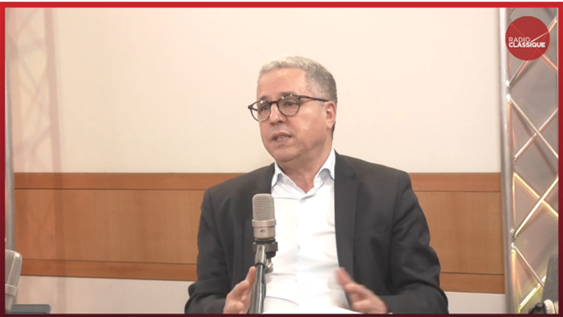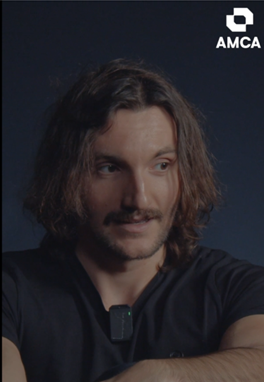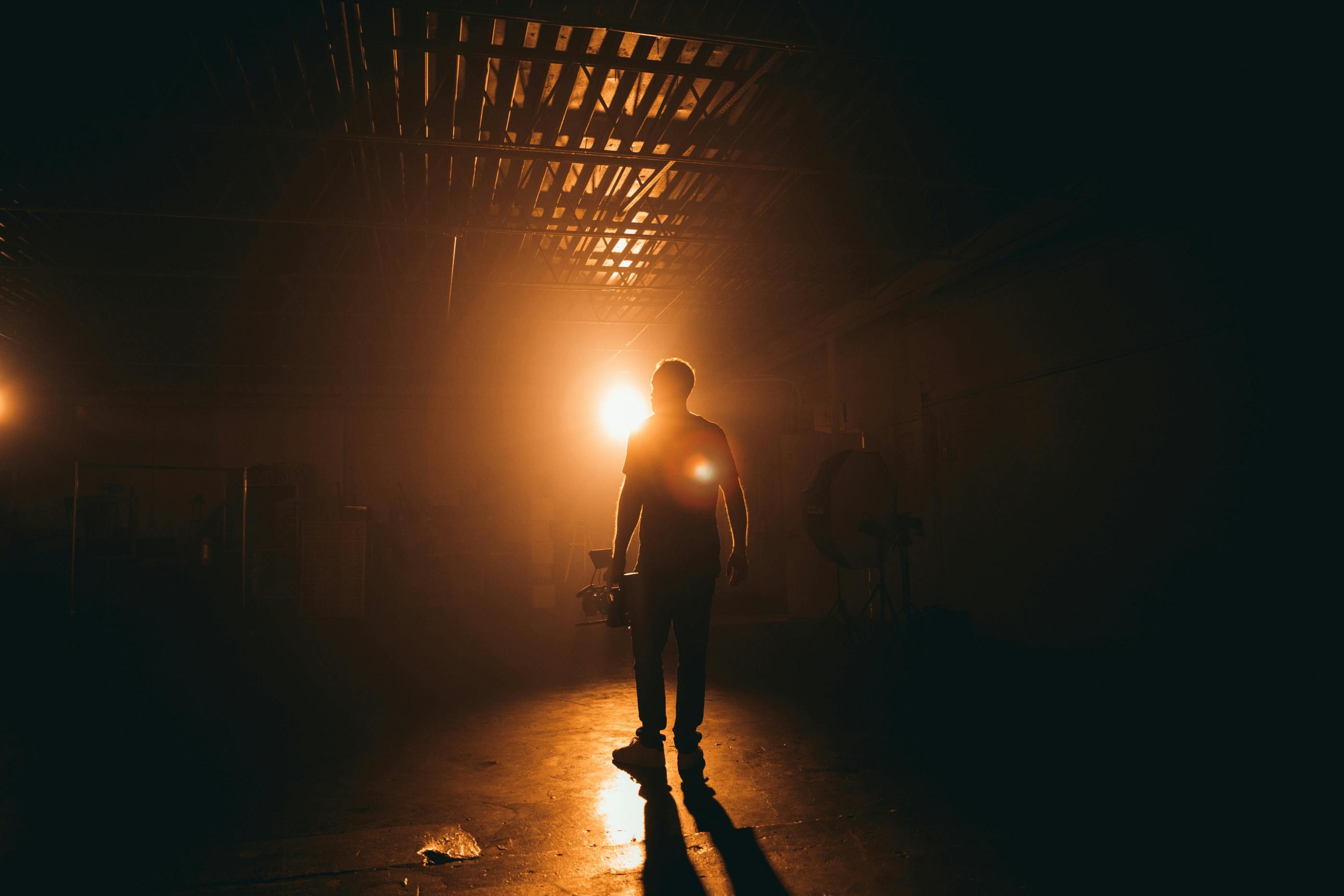Entitled “Opening of a film and audiovisual school in Paris”, the article highlights the philosophy, ambitions and specificities of our establishment founded by Benattou Benichou, former deputy director of the Conservatoire Libre du Cinéma Français (CLCF).
A school designed as a true professional ecosystem
Installed at Pont de Flandre Park, in eastern Paris, the AMCA deploys on 800 m² a complete environment dedicated to the practice of cinema and audiovisual:
- one movie set professional,
- Of post-production and calibration spaces,
- several editing and screening rooms,
- As well as a Movie theater equipped with 4K.
This infrastructure is accompanied by a partnership with Loca Images, in order to facilitate the access of students to high-end equipment for their filming and practical exercises.
Professional and selective training
The article also highlights the school's desire to offer human-sized promotions — limited to 60 students — and structured around five complementary specializations :
- Direction & direction
- Production assistant, script & production designer
- Production & production management
- Image & sound editing
- Screenwriter & dialogue writer
These courses, of a duration of three years, aim to develop a concrete mastery of film professions while promoting collaboration between students, based on the professional dynamics of the sector.
Support from working professionals
The Écran Total article highlights one of the founding pillars of AMCA: education provided by stakeholders coming directly from the industry.
Among them, several emblematic names of contemporary cinema: Chad Chenouga, Mahamat Saleh Haroun, Yann Samuell, Frederic Berthe, Philippe Van Leew or Nolwenn Letanoux.
Their presence guarantees a teaching rooted in the reality of the profession, based on feedback and a pragmatic approach to audiovisual creation.
The AMCA, a springboard to employment and production
As Benattou Benichou recalls in the article, “it is more necessary than ever to train and integrate young professionals into the labour market”.
With this in mind, The Yes We Do production house has set up its offices within the school itself.
This proximity allows students to present their personal projects to a real production structure, which will be able to accompany and support them financially, up to 10% of the budget.
A unique initiative in France, designed to bring training closer to the reality of the market.





